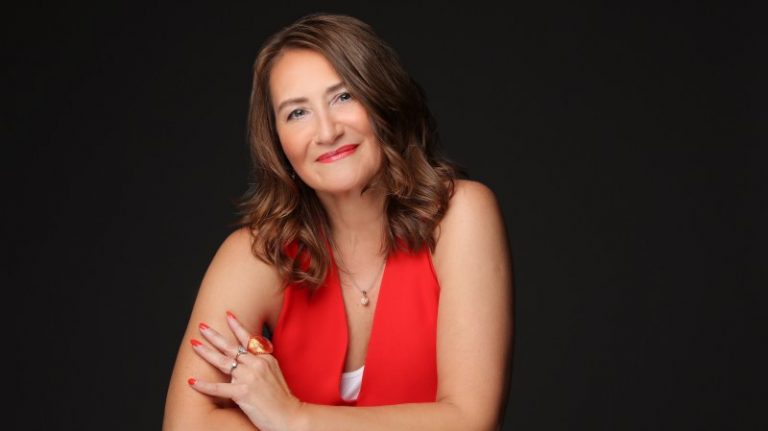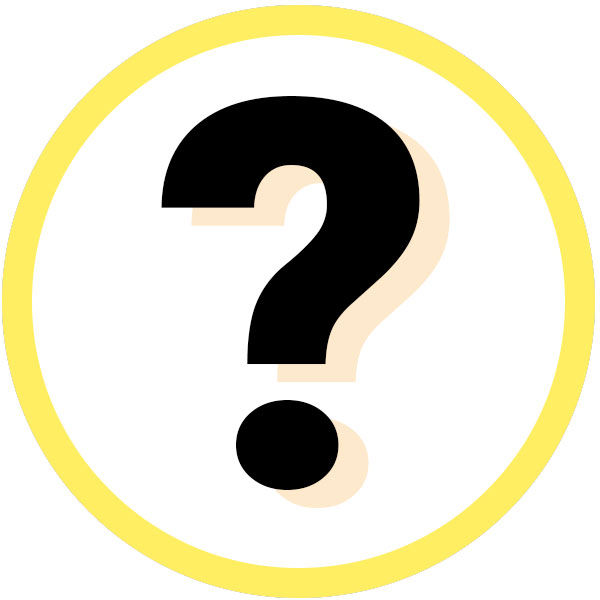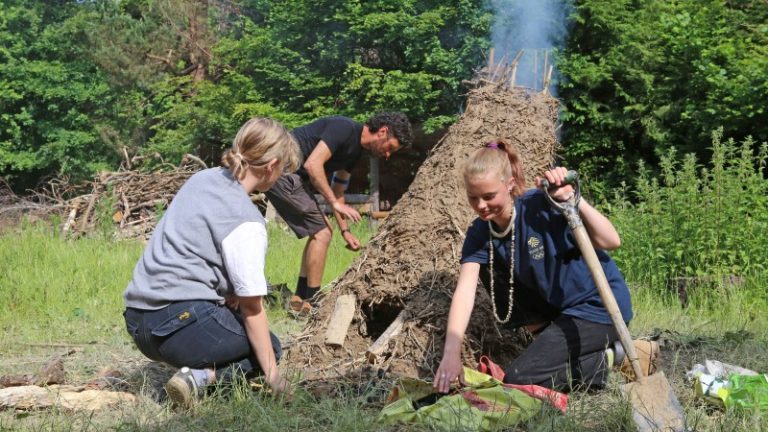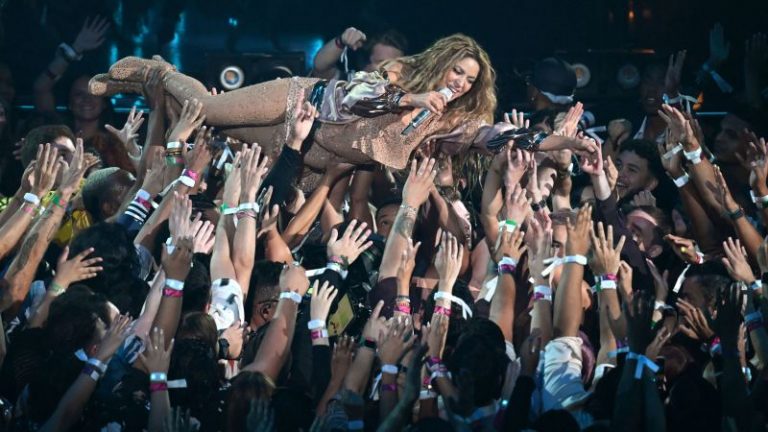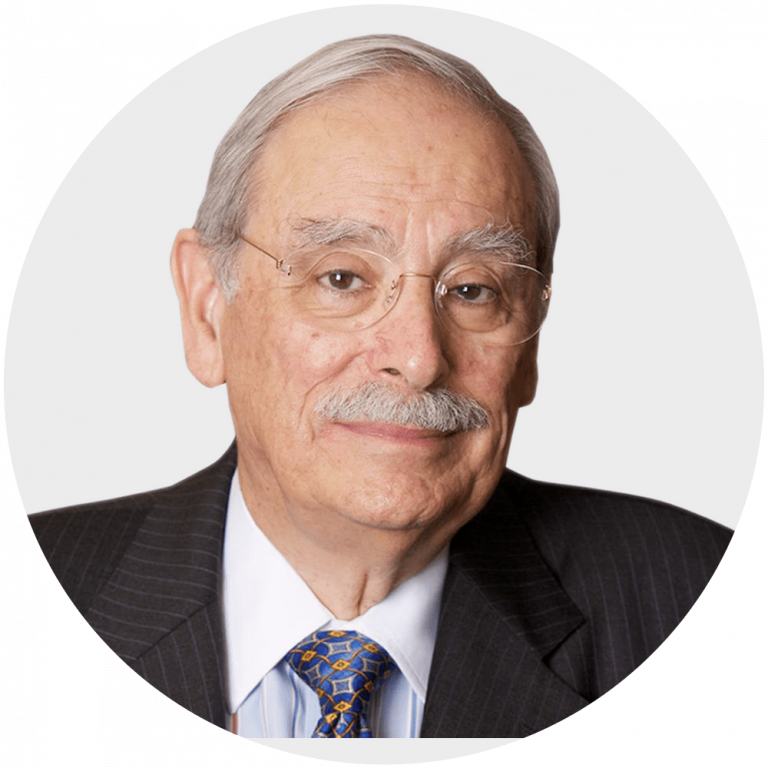On social media, the Kate conspiracy theories keep coming
For the Princess of Wales, a two-minute video statement revealing she was being treated after a cancer diagnosis should have been enough to put an end to the bizarre and offensive conspiracy theories that have spread about her online in recent weeks.
But this weekend, numerous new baseless and conspiratorial posts and videos are circulating prominently across TikTok, X/Twitter, Reddit and other social media platforms. Some TikTok posts, which suggest Friday evening’s video showed an AI-generated princess, have been viewed millions of times.
The phenomenon dubbed #KateGate has demonstrated the extent to which baseless conspiracy theories and misinformation are able to spread on social media platforms that are owned by billionaires and employ thousands of the world’s greatest minds.
On Friday night, Linda Yaccarino, the X chief executive brought in last year by Elon Musk to clean up the reputation of his firm, tweeted her support for the Princess of Wales.
Yaccarino praised Kate for her bravery, and added: “Her request for privacy, to protect her children and allow her to move forward (without endless speculation) seems like a reasonable request to respect.”
The irony of Yaccarino’s statement was not lost on some of her customers. “Your platform has been used to promote conspiracy theories — and worse,” wrote Simon McCoy, a former BBC presenter who covered several royal events, in response to her tweet. “Your hypocrisy is astounding.”
Bruce Daisley, the former boss of Twitter in the UK and Europe, said that little can be done about individuals “gossiping” and spreading mistruths. The “more serious issue” that can be addressed, he said, is how X’s algorithms promote untrustworthy content to users.
Daisley said: “People have told me: ‘I’m not interested in the royals and it’s all I see on my timeline.’ Individuals have been pushed down the rabbit hole by the volume of information. We know this happened on Facebook in the past, but it has strongly increased on X too. It is notably more potent since Musk arrived. In truth, Musk doesn’t care. He’s demonstrated he doesn’t think about the consequences of anything he does.”
Not very long ago, before Musk bought Twitter for $44 billion in 2022 and rebranded it, the platform was a hub for reliable information.
Many news junkies have turned away from X as the tech firm has distanced itself from professionally-gathered journalism sources.
Before Musk took charge, Twitter often carefully curated sections of its app to ensure that users could find reliable coverage of news events. It gave “blue ticks” to verify the identities of reputable organisations, politicians and professional journalists. Under Musk’s ownership, many of these verified marks have disappeared, while paying subscribers can buy their “blue ticks”.
Mark Zuckerberg’s Meta, which operates both Facebook and Instagram, has also distanced itself from professional news content. Next month, it plans to close Facebook News, a tab on its app that promotes content from reliable sources.

Damian Collins, the Conservative MP who formerly chaired the digital, culture, media and sport committee and led investigations into online disinformation and fake news, said: “The trouble with these platforms is they recommend content to capture engagement, hold people’s attention to make money out of it. And all they care about is what gets the most attention, what’s ‘stickiest’. And if a clickbait story, based on conspiracy theories, grabs people’s attention, then they’re more interested in that than promoting news.”
A spokesman for Meta said the tech firm today works with 80 independent fact-checking organisations and that if content is found to be false, its visibility on the platform is reduced.
Joe Benarroch, head of business operations at X, said: “The mainstream media has excessively propagated this narrative, and consequently, every single news outlet should now take responsibility, express regret, and offer apologies to Princess Kate and her family, and grant them the privacy they deserve.”
Matt Navarra, a social media consultant, said that while conspiracy content does seem more prevalent this year, “there is a lot of money spent on trying to tackle these problems. I just think that ultimately the problem is bigger than they are able to manage”.
To an extent, the royal family did not help its own cause. On Mother’s Day this month, the Prince and Princess of Wales’s social media accounts posted a photograph of Kate with her three children. When it emerged that this photo had been edited, the conspiracy theories and questions that had already started to spread — from Reddit to X and TikTok in February, to some mainstream media — went into overdrive.

Regardless of any royal family missteps, the #KateGate episode has once again shone a political spotlight on social media platforms that operate in the UK.
Last year the government introduced the Online Safety Act, which was designed to make the internet safer for children.
• Leading article: We can all step up to stop the whirling dervish of rumour
Collins believes that Ofcom, the media regulator who has taken on responsibility for administering the Online Safety Act, could play a role in combating the spread of harmful mistruths on platforms, especially with a general election campaign looming.
“I think Ofcom should say now to the platforms: ‘When we’re fully up and running with our powers under the Online Safety Act, we’re going to audit you on that. We want to understand what you’re doing to dampen down this fake content, certainly where it’s AI-generated’.
Caroline Dinenage, chairman of the culture, media and sport committee, said she would be discussing the matter with her colleagues this week.
“The spiteful and upsetting conspiracies across socials concerning the Princess of Wales have been deeply unsettling. I hope those responsible now feel suitably ashamed of their behaviours. What’s illegal offline should be illegal online and social media companies need to be enacting the spirit of the Online Safety Bill now and weeding out vile and harmful content on their platforms.”

